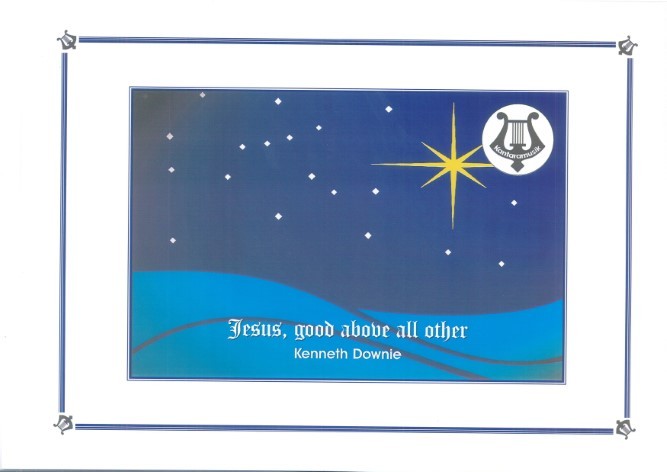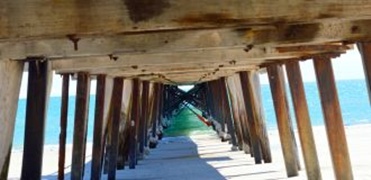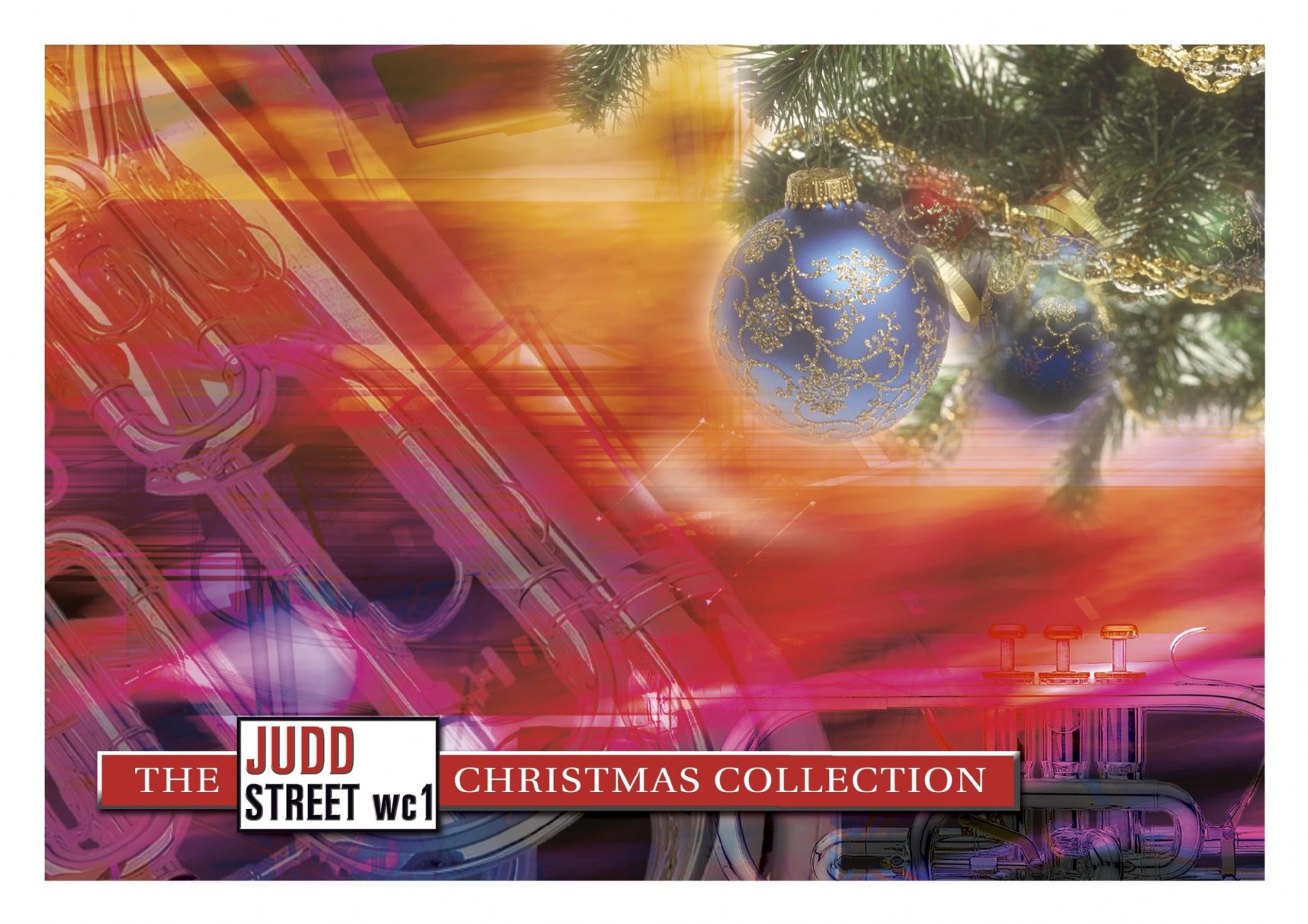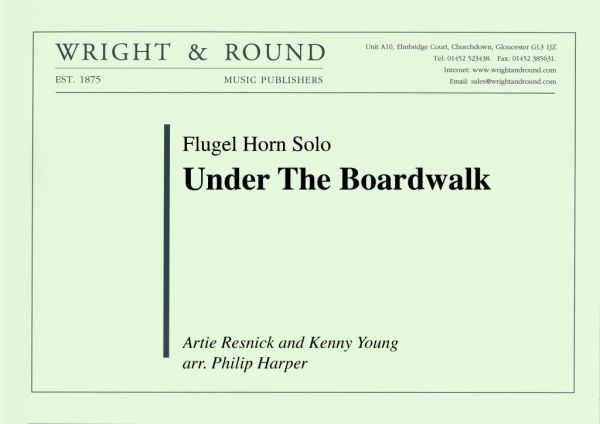Results
-
 £24.95
£24.95Jesus, Good Above All Other (Brass Band - Score and Parts) - Downie, Kenneth
This well-loved tune comes to us from 14th century Germany. Its charm and simplicity are beautifully captured in this arrangement with its delicate orchestration and sensitive solo passages. This piece is well within the ability range of most bands.
Estimated dispatch 7-14 working days
-
 £12.50
£12.50Jesus, Good Above All Other (Brass Band - Score Only) - Downie, Kenneth
This well-loved tune comes to us from 14th century Germany. Its charm and simplicity are beautifully captured in this arrangement with its delicate orchestration and sensitive solo passages. This piece is well within the ability range of most bands.
Estimated dispatch 7-14 working days
-
 £24.95
£24.95Away In A Manger (Brass Band - Score and Parts) - Condon, Leslie
A beautifully crafted two verse arrangement of one of the most loved carols of all.
Estimated dispatch 7-14 working days
-
 £12.50
£12.50Away In A Manger (Brass Band - Score only) - Condon, Leslie
A beautifully crafted two verse arrangement of one of the most loved carols of all.
Estimated dispatch 7-14 working days
-
 £30.00
£30.00TEARS IN HEAVEN (Flugel Horn Solo with Brass Band) - Robson, Steve
The Eric Clapton all time classic song brought to life as a beautiful flugel solo with brass band accompaniment
Estimated dispatch 7-14 working days
-
 £35.00
£35.00UNDER THE BOARDWALK (Flugel Horn/Brass Band) - Harper, Philip
Arranged as a flugel horn solo and played by?Cory Band?as part of its 2015 Brass in Concert winning programme, this piece is as simple as it gets. Playable by all levels of band. Grade: 4th section +. Duration: 3:00
Estimated dispatch 7-14 working days
-
 £24.95
£24.95Judd: Away in a Manger
A beautifully crafted two verse arrangement of one of the most loved carols of all.
Estimated dispatch 7-14 working days
-
 £24.95
£24.95Jesus, Good Above All Other (Brass Band - Score and Parts)
This well-loved tune comes to us from 14th century Germany. Its charm and simplicity are beautifully captured in this arrangement with its delicate orchestration and sensitive solo passages. This piece is well within the ability range of most bands.
Estimated dispatch 7-14 working days
-
 £35.00
£35.00Under The Boardwalk (Score and Parts)
Arranged as a flugel horn solo and played by Cory Band as part of its 2015 Brass in Concert winning programme, this piece is as simple as it gets. Playable by all levels of band.
Estimated dispatch 7-14 working days
-
£18.00
Under The Boardwalk (Score Only)
Arranged as a flugel horn solo and played by Cory Band as part of its 2015 Brass in Concert winning programme, this piece is as simple as it gets. Playable by all levels of band.
Estimated dispatch 7-14 working days
